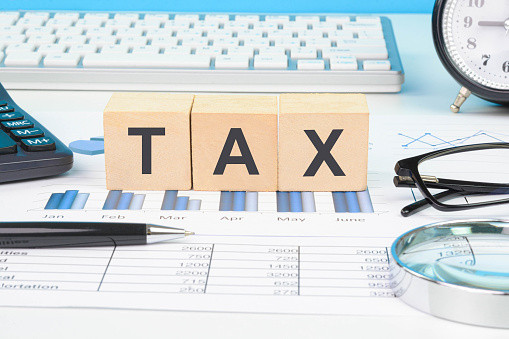
During the ongoing talks held in London by the United Nations' shipping arm, Latin American nations, led by Brazil, have strongly opposed the implementation of a tax on emissions in the global shipping sector.
The discussions are closed to the media, but reports from six sources present in the room indicate that Latin American countries have been the most vocal opponents of the measure.
Global shipping is responsible for approximately 3% of the world's emissions, which is comparable to the emissions of Germany.
Currently, the emissions from burning shipping fuel remain untaxed. Pacific nations such as the Marshall Islands and the Solomon Islands, which are highly susceptible to the impacts of climate change, have been at the forefront of the push for nations to agree on implementing an emissions tax, also known as a levy, within the shipping industry.
The Marshall Islands, one of the leading proponents of the emissions tax in the shipping sector, is advocating for a price of $100 per tonne of bunker fuel.
They argue that this tax rate could generate annual revenue of $60-80 billion, which would gradually decrease as the shipping industry adopts cleaner practices.
Since journalists are not allowed at the venue, Albon Ishoda, the lead negotiator for shipping talks from the Marshall Islands, spoke to Climate Home in the lobby of the International Maritime Organization.
Ishoda emphasized that the shipping industry has a "dirty past" and a responsibility to facilitate a transition towards a future aligned with the goal of limiting global warming to 1.5 degrees Celsius.
Governments now have until July 7 to decide whether to implement a tax on emissions from the shipping sector, as these emissions are not currently addressed in the United Nations climate change talks.
According to Albon Ishoda from the Marshall Islands, the proposal for a levy on emissions in the shipping sector has faced resistance and discomfort from many states.
He mentioned that there has been misinformation guided by disinformation, and developing countries are concerned that the levy would disproportionately impact them.
"Fair enough, we're not saying a levy will be great all round", he said.
The Marshall Islands and proponents of the levy argue that the annual revenue of $60-80 billion generated through the tax could be used to decarbonize the shipping industry and address any potential negative economic consequences.
As the talks are confidential, Ishoda did not disclose which countries opposed the tax.
However, six sources present at the talks informed Climate Home that Brazil had taken a leading role in the resistance, with support from Argentina, Chile, Uruguay, Guatemala, Ecuador, and South Africa.
During a recent summit in Paris, none of these countries signed a statement in support of the levy. None of them responded to a request for comment.
Ishoda said he was at the Paris Summit too. But "my message was simply to inform them – this money is not to fill in the gap where you failed", he said.
It is acknowledged that wealthy nations have not fulfilled their commitments to provide the necessary climate finance to the developing world.
This failure is often cited by large developing countries as a reason for their limited ability to accelerate emissions reduction efforts, Climate Home News reported.
In the ongoing discussions, governments are currently deliberating on whether to include a levy on shipping emissions as one of the potential measures to address emissions in the shipping industry.
The specifics, such as the levy amount and the allocation of the generated funds, will be determined in future meetings and negotiations.
© 2025 Latin Times. All rights reserved. Do not reproduce without permission.




